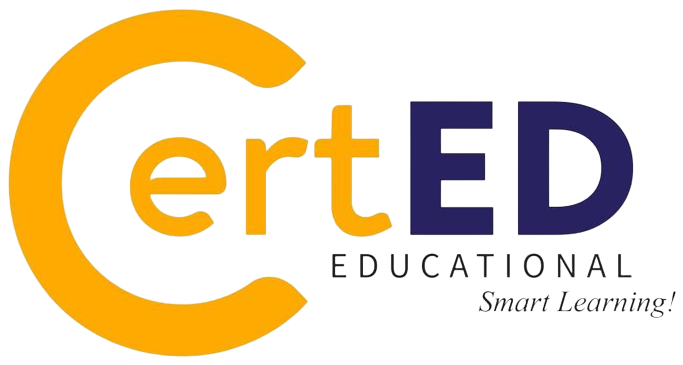I. Introduction A. Welcome and Introduction to the Workshop Facilitator B. Importance of Conflict Management Skills C. Objectives of the Workshop
II. Understanding Conflict A. Definition and Nature of Conflict B. Types of Conflict (Interpersonal, Intrapersonal, Organizational) C. Common Causes of Conflict
III. Conflict Resolution Styles A. Overview of Different Conflict Resolution Approaches 1. Avoidance 2. Accommodation 3. Competition 4. Compromise 5. Collaboration B. Self-Assessment: Identifying Personal Conflict Resolution Style C. Understanding the Strengths and Limitations of Each Style
IV. Communication Skills for Conflict Management A. Active Listening Techniques B. Effective Verbal and Non-verbal Communication C. Assertiveness Training D. Managing Emotions in Conflict Situations
V. Conflict Resolution Process A. Steps in the Conflict Resolution Process 1. Identification of the Issue 2. Understanding Perspectives 3. Generating Solutions 4. Negotiation and Agreement 5. Implementation and Follow-Up B. Role-playing Exercises to Practice Conflict Resolution Process
VI. Strategies for De-escalating Conflict A. Remaining Calm and Objective B. Finding Common Ground C. Using Collaborative Problem-solving Techniques D. Seeking Mediation or Third-party Intervention when Necessary
VII. Managing Difficult Conversations A. Techniques for Addressing Sensitive Topics B. Setting a Positive Tone and Environment C. Providing Constructive Feedback D. Resolving Misunderstandings and Building Trust
VIII. Building a Culture of Constructive Conflict A. Recognizing the Value of Constructive Conflict B. Creating Safe Spaces for Open Communication C. Encouraging Feedback and Transparency D. Promoting a Growth Mindset
IX. Conflict Prevention Strategies A. Establishing Clear Expectations and Norms B. Strengthening Team Dynamics and Relationships C. Proactive Problem-solving and Conflict Resolution Training D. Implementing Regular Check-ins and Feedback Mechanisms
X. Ethical Considerations in Conflict Management A. Maintaining Confidentiality and Respect B. Upholding Fairness and Equity C. Adhering to Organizational Policies and Values
XI. Case Studies and Group Discussions A. Analyzing Real-life Conflict Scenarios B. Identifying Effective and Ineffective Conflict Management Strategies C. Sharing Best Practices and Lessons Learned
XII. Conclusion A. Recap of Key Conflict Management Principles B. Action Planning: Applying Conflict Management Skills C. Feedback and Evaluation D. Closing Remarks and Thank You
XIII. Follow-Up Resources A. Recommended Reading Materials B. Additional Training Opportunities C. Contact Information for Further Assistance
| Trainer Location | Chennai, Tamil Nadu, India |
No reviews found!



No comments found for this job. Be the first to comment!